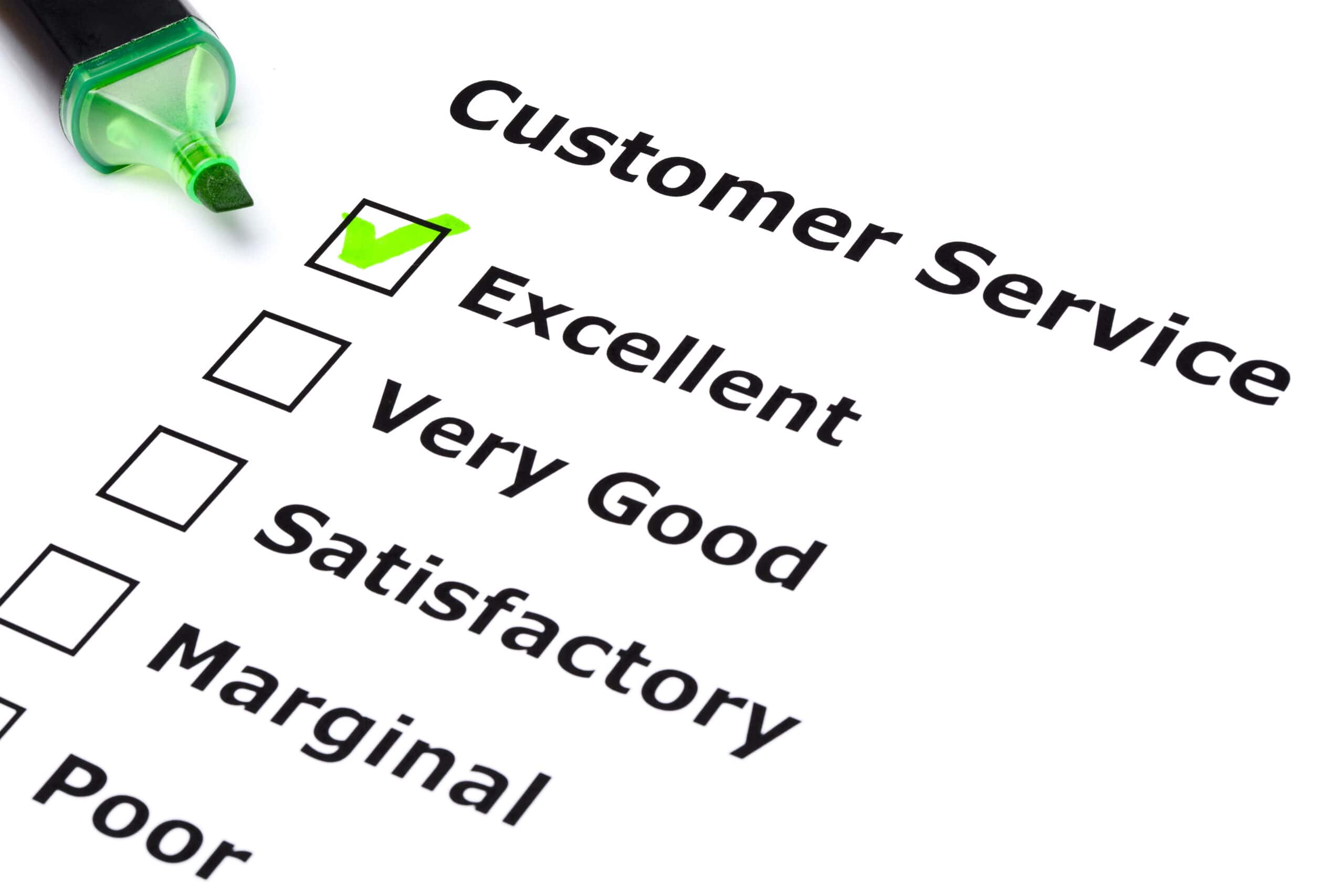People are profoundly social. Our need to connect with others is so much a part of our DNA that we are wired to interact and reach out to others. This is why some brands seem to click and conjure up images of childhood or good experiences while others leave out much to be desired (despite the quality and workmanship).
It shouldn’t be a wonder that the most popular brands also possess the most trustworthy image.
Several consumer surveys confirm that there is a measurable framework for recognizing, enhancing, and expanding “brand love” or brand loyalty. The concept categorizes brands into the “inner circle” (those that respondents love the most) and the “outer circle” (those that respondents actively avoid).
By comparing the groups that use the inner/outer circle paradigm, the study identified the elements that drive individuals to fancy their most valued brands and why others do not.
What do these studies about brand loyalty say?
In these studies, the conclusion was customer experience (CX), quality, and trust are all important elements in brand love.
Brands that prioritize these three areas are more likely to win brand loyalty.
So how can organizations create, grow, and manage brand love?
First off, brand love or brand loyalty involves developing one-on-one connections with consumers, being loyal to your brand’s personality, and consistently providing excellent customer experiences.
75% of consumers declare that they first tried an inner circle product or service because of a suggestion from a source they trust. With this, we can conclude that trust is critical for cultivating brand loyalty.
Here are three ways that the most trustworthy companies create client trust.
Quality of goods and services
Product quality reigns supreme. Ever had a purchase fall apart sooner than expected? Say a new robe tears after only rounds in the washer. You’re disappointed since you anticipated this piece of clothing to endure longer than two washes. You may even wonder why you picked one brand over another. When such instances occur, a customer’s trust might be broken, making it difficult to regain that trust.
“My curved television screen shattered after barely a year, and I no longer trust them.” This is consistent with survey results. When asked about a particular technological business, one of our poll respondents said, “My TV screen broke in less than a year and I don’t trust them anymore.” The majority of survey respondents cited quality as the most important part of the customer experience when determining their brand satisfaction rating.
Reliable Support
What about having your bank accounts hacked and having to wait a long time to speak with a customer care representative? When our expectations for good customer service are not satisfied under stressful situations, our anxiety doubles.
Customers expect companies to go beyond when they want support or have an issue.
Customer service is twice as likely as cost to boost NPS or Net Promoter Scores. In particular, three sectors stand out for their exceptional service: healthcare, banking and financial services, and travel and hospitality.
When questioned about their experience with a large multinational bank, one respondent said, “When my online account was hacked, they worked with me to get all of my funds back.” “I trust them.” In another instance, a client worried about the vast healthcare system: ” Family members and even close friends have been misdiagnosed.” So, after so many bad experiences, I can never trust this healthcare institution again.
Authenticity and Ethics
Customers expect, and even demand that the brands they purchase from be real and ethical—that is,– an organization that cares about society and the environment.
When we asked respondents about the most important parts of the customer experience that influence brand discontent, a rising trend on the effect of reputation and business practices emerged.
Authenticity and ethics as drivers of contentment, score at the bottom. But as a source of discontent, it rises to third place. This is hardly unexpected given that these sectors are more service-oriented than other product-forward industries.
This is particularly crucial in the banking and finance industry. Banks are no strangers to errors with accounts. But the losses and the irreparable credit score repair are unforgivable.
Practical Ways to Gain Customers’ Trust
The solution to each of these foundational blocks of trustworthiness is obvious—if you develop products and services of premium quality, clients can be certain that they can rely on your business.
If you provide excellent customer service, clients will trust you to assist them when they need you. And if you maintain ethical business procedures, you may even prevent huge controversies that might harm your brand.
However, there are other methods to develop trust. Here are some tips you might want to take away:
Concentrate on consistent feelings. Consistency does not imply a rigorous commitment to anything. Customers’ emotional responses to the brand are what determine consistency. For as long as the client perceives consistency, you will attract more since the customer trusts your whole brand identity.
Find a method to participate authentically in many communities. Customers nowadays are more ecologically and socially sensitive than ever before, and they want to support businesses whose values mirror their own. This provides a unique opportunity for companies to distinguish themselves by honestly giving back in ways that connect with their brand, their values, and consumers’ values.
Keep abreast of where consumers invest their confidence. Pay attention to and swiftly respond to consumer input about your brand, using tools like voice of the customer (VOC) surveys, social listening, and web analytics. When clients feel heard, you can form stronger bonds—and establish trust.
No brand can ever be flawless, yet many businesses may build trust with consumers via their actions and words. The most trusted companies invest in the quality of their goods and services, outperform expectations in customer service, and operate ethically at their core.
Elevate your CX with customer service that is distinctively yours.

